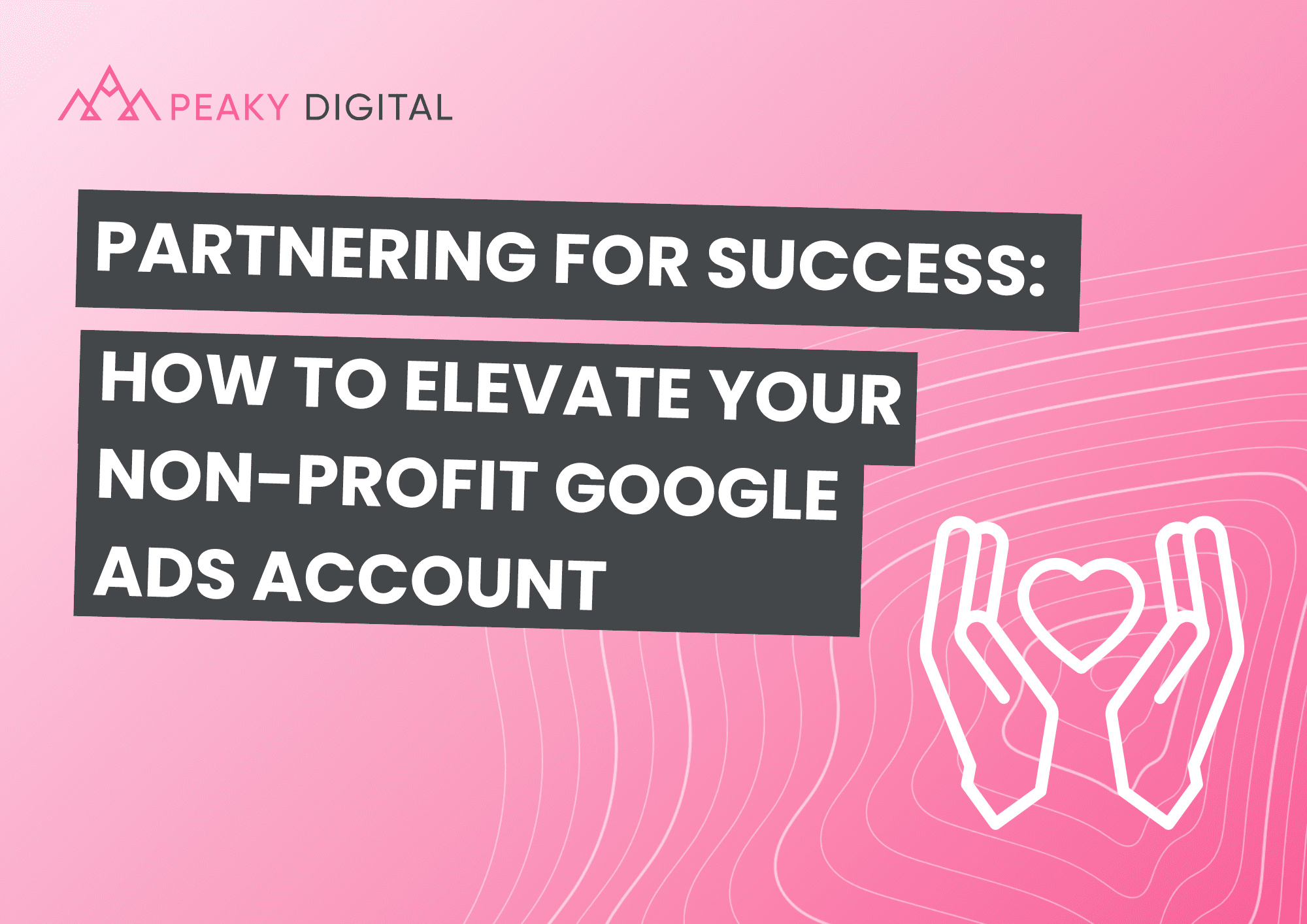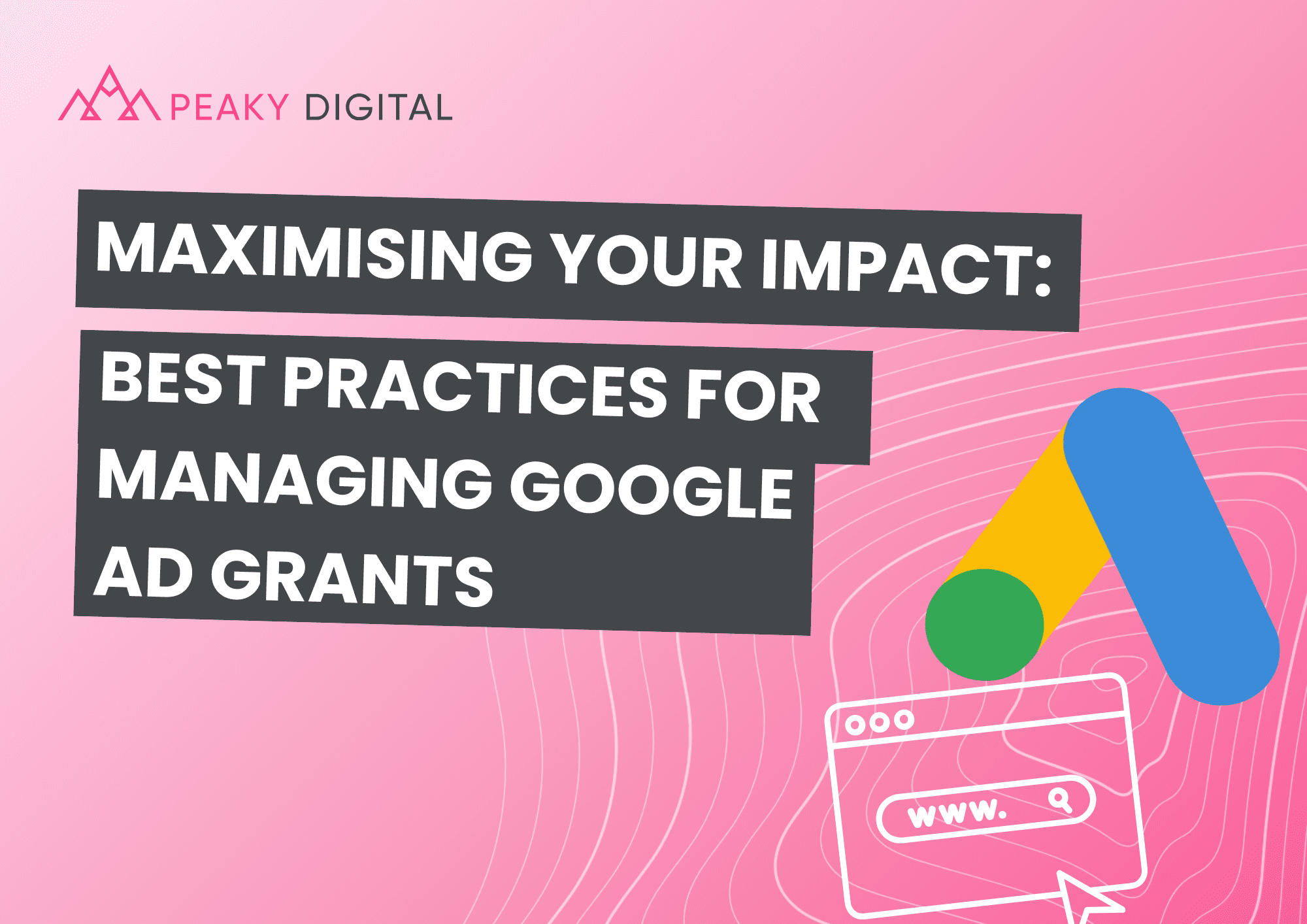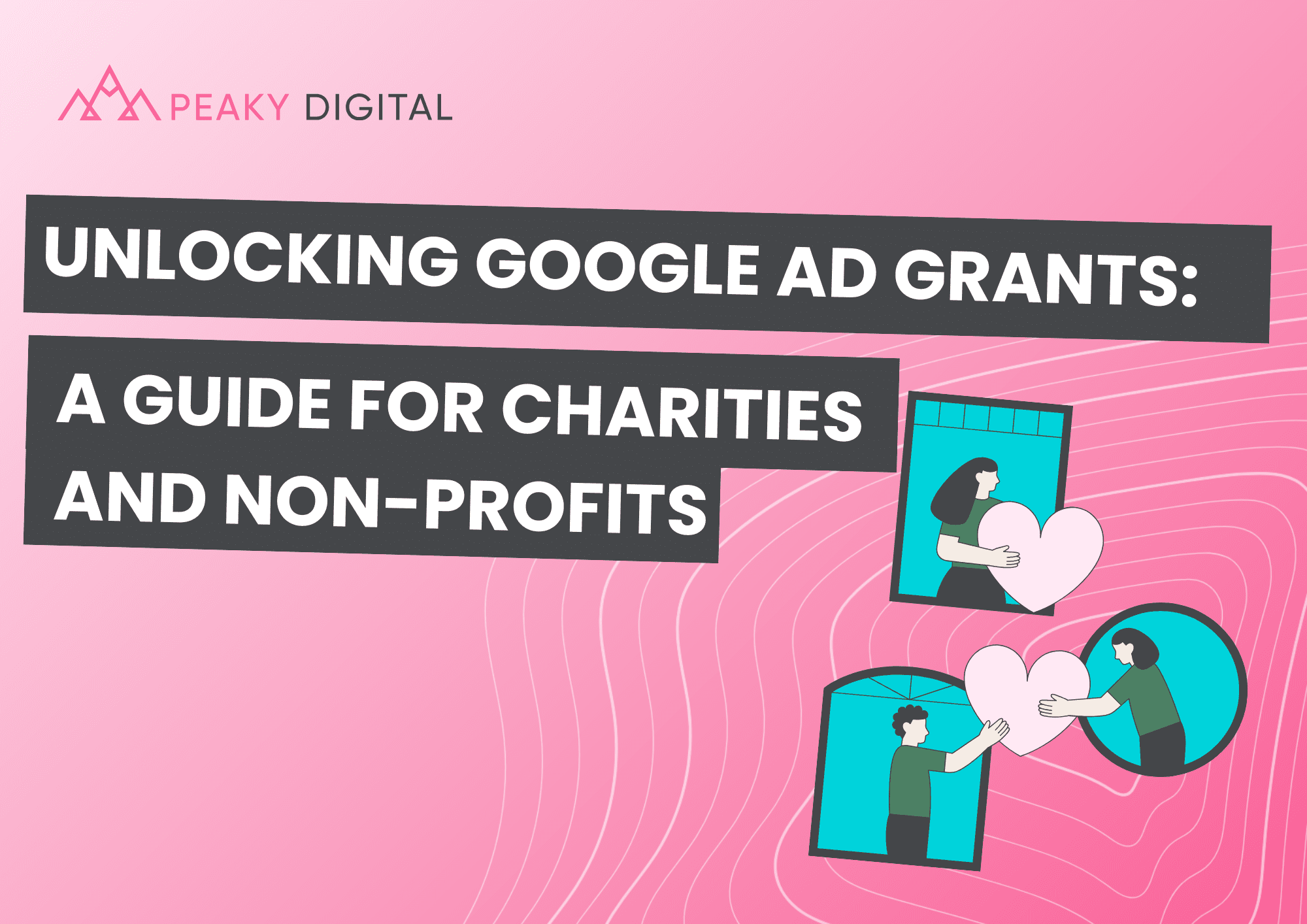
Partnering for Success: How to Elevate Your Non-Profit Google Ads Account
Apr 10, 2025
Managing a Google Ad Grant seems simple in theory but with Google’s strict Ads Grant policies,…
by Natalie Temple
Jun 22, 2018Google Adwords, PPC

Over the past few months Google has been urged to crack down on sites such as ticket-selling domains like Viagogo when it comes to policing Adwords promoted listings.
Users expectations of Adwords adverts are that Google will have vetted the services and products marketed – placing a huge responsibility on the search engine’s shoulders. Because of this Google has a strict (and comprehensive) list of policies that an advert must meet to be shown. If not, your advert will not be eligible to run on the network.
If your advert violates one of Google’s policies you’ll usually be directed to an information page for the relevant policy that has caused the disapproval. Google doesn’t want to put off advertisers, so the information provided is substantial, and aimed at helping you resolve the issue as soon as possible.
Below are a list of some of the most common reasons your advert may be disapproved (and how to fix the issue!)
Unidentified business – your advert doesn’t make it clear enough what product or company it is promoting (this often happens in display banner ads, if a logo or identifier isn’t included). Your advert must promote your product, service or company clearly.
Misrepresentation – one of the advert policies that people are calling for Viagogo to be pulled up on. Misrepresentation deals with misleading or unverifiable claims – saying you’re ‘the number one’ brand in your industry for example. Viagogo is being particularly penalised for its advert copy that claims it’s an ‘official’ ticket seller, without being endorsed. Make sure your claims are backed up by facts to avoid falling foul of the policy.
Punctuation or symbols – exclamation marks in headlines, or a gimmicky use of numbers, symbols and punctuations are not allowed in your adverts. Symbols aren’t allowed to be used to replace words – for example @ work instead of ‘at work’.
Alcohol – there are strict advertising regulations for alcohol, dependent on the country you’re advertising in. There are also varying rules for the sale of alcohol dependent on which network you’re advertising on – the Google Display Network, which runs remarking and display creative adverts, is stricter as it involves showing ads to users who are not directly searching for the product.
Healthcare and medicine – to advertise certain drugs a pharmaceutical licence is required and your advert may be disapproved if your business has not been logged with one. Certain drugs are banned from being directly advertised at all on Google – there are certain circumstances where you can work around these by directing adverts to landing pages that contain no reference to the particular drug, but may be able to give a generic view of the product and link to the product deeper within your store from that page.
Copyright – your advert may be flagged if you’re advertising products that abuse copyright laws. This also extends to products that enable other people to abuse copyright laws – such as DVD rippers or burners.
Destination experience – Google wants to ensure that all users have a good landing page experience when they click on the advert, and if this isn’t the case your advert could get banned. This includes links that take users to direct downloads of images and videos.
Still need more help with Adwords policies? Get in touch with our friendly team today.
Brand awareness, business growth or a bigger and better ROI, our team of digital specialists are here to help you get the most from your brand. Let's start a new partnership today.

Apr 10, 2025
Managing a Google Ad Grant seems simple in theory but with Google’s strict Ads Grant policies,…

Apr 7, 2025
You’ve got the Google Ad grant for your organisation—but what’s next? Having free ad spend…

Apr 2, 2025
Imagine having up to $10,000 of free advertising every single month to shout about your cause. …